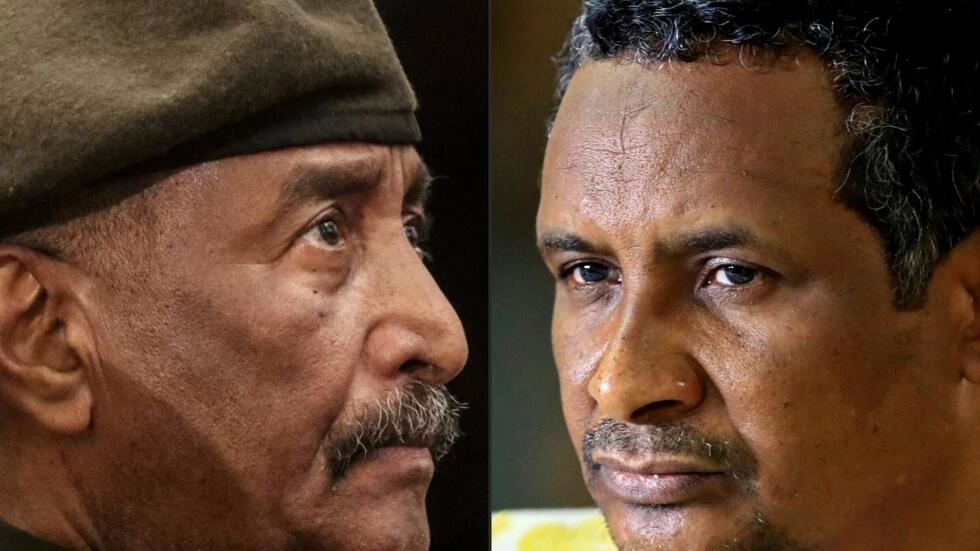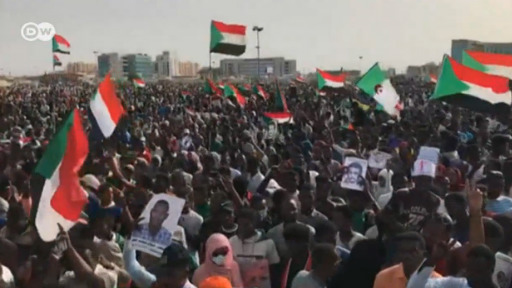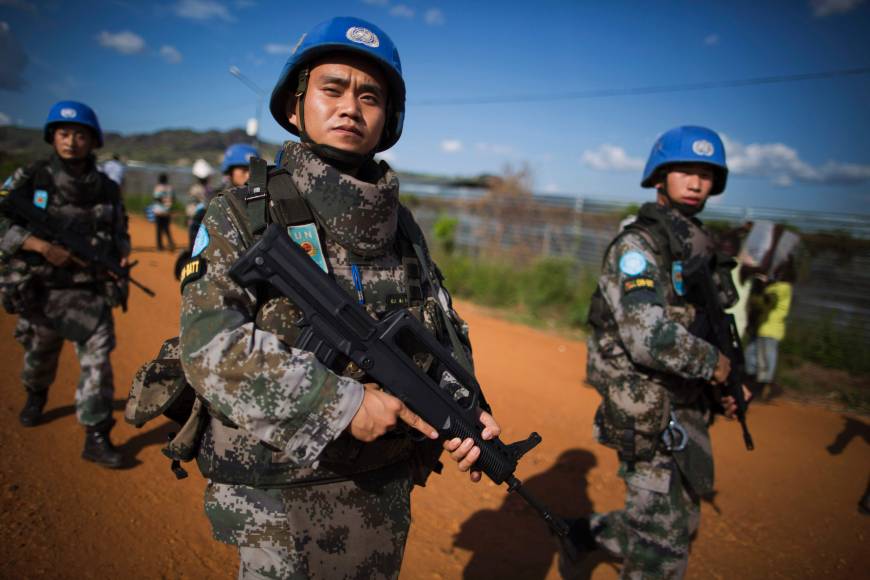As the conflict between two warring factions in Sudan has already left thousands dead and millions have been forced to flee, the Sudanese Armed Forces (SAF) will resume another round of talks with the paramilitary Rapid Support Forces (RSF) in Jeddah, Saudi Arabia, on Thursday (26 October), aiming to secure access for humanitarian aid to reach beleaguered civilians, according to senior US State Department officials.
The SAF negotiators will travel to Jeddah “out of a belief by the armed forces that negotiations is one of the means that may end the conflict,” said a statement released by Sudan’s military authorities. The United States and Saudi Arabia have brokered multiple cease-fires between the two warring sides at talks in Jeddah since May, their diplomatic attempts to end the fighting have repeatedly floundered, as the rival generals continued to seek a decisive military advantage and the fighting has continued in Khartoum and elsewhere. Two years ago, SAF’s general Burhan and former deputy, RSF commander Mohamed Hamdan Dagalo, led a coup that derailed a fragile transition to civilian rule but later fell out in a power struggle that erupted into all-out war on 15 April.
Half a year on since the outbreak of the fighting, the humanitarian situation is worse than ever, with many refugees in Chad on the brink of famine. The conflict has so far claimed the lives of more than 9,000 people and displaced over 5.6 million. Infrastructure and 80% of Sudan’s hospitals have been decimated by the conflict, while millions have been plunged into acute hunger. UN authorities now describe Sudan as “the largest internal displacement crisis in the world with over 7.1 million people displaced within the country.” Meanwhile, senior US officials have said that both warring factions have discredited themselves by choosing to pursue conflicts that involve indiscriminate artillery and drone strikes causing civilian casualties and are thus not suitable to govern in a post-conflict Sudan.



